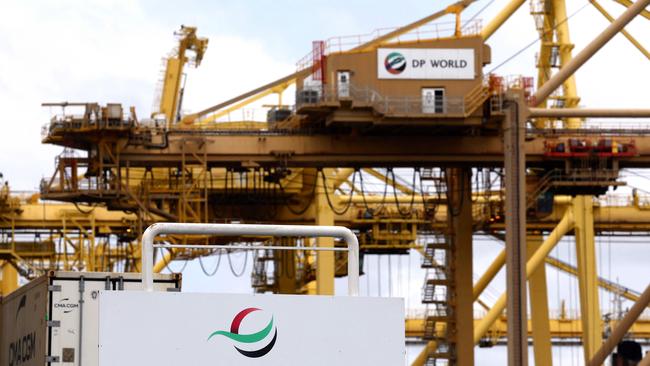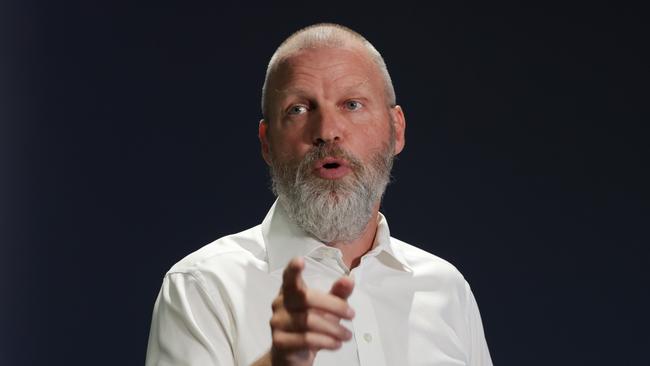MUA and DP World front FWC in escalating port dispute
Maritime Union and DP World leaders are fronting the Fair Work Commission, ahead of first talks with Workplace Relations Minister Tony Burke, amid fears of bias.

The Maritime Union of Australia and DP World are in “unofficial” negotiations with the Fair Work Commission to try to resolve the ongoing ports dispute that is damaging the economy, ahead of their first meetings with Workplace Relations Minister Tony Burke.
Industrial action at DP World terminals is estimated by the nation’s second-biggest stevedore to have so far cost the nation more than $84m a week.
While the fact that Mr Burke has finally agreed to meet with DP World is considered a positive by the industry, many expressed concerns that Prime Minister Anthony Albanese has already chosen a side after he yesterday pointed out to 2HD radio that the foreign-owned company made “considerable profits.”
“He would be facing political pressure to say that,” said Melbourne-based State Transport and Warehousing managing director Albert Cenusa. “I imagine he would be somewhat biased.”
“Of course, companies that are run well should make a profit,” pointed out another prominent industry player who would not be named.
The dispute is gearing up to be the worst seen on the nation’s ports in more than a decade. The fight is over pay and rostering, and the wishes of the MUA to bring DP World enterprise bargaining agreements in line with rival stevedores, so multi-employer bargaining applies.
The union is frustrated workers at DP World receive significantly less than at Patrick Corp and has asked for a two-year deal with a 16 per cent pay rise, still below the larger rival’s rate.
DP World has rejected the offer on the basis that Patrick is far more productive due to greater port automation, with Oceania vice-president Nicolaj Noes saying the idea of all workers receiving the same pay across all similar companies “didn’t work out that well” in the Soviet Union and North Korea.

The escalating ports dispute puts front and centre the conflict between a union-backed Labor government that wants to support workers rights, and the productivity of Australia as the cost-of-living crisis escalates.
Australian Logistics Council chief executive Hermione Parsons said it was a positive that the government was now at least wading into the conflict.
“We asked for the government to be involved in bringing this dispute to an end,” said Dr Parsons. “We have been very concerned about the duration and the impact on the end to end supply chain, and we are encouraged that the Prime Minister is now involved and that the government is now involved.”
Mr Noes is meeting in person with MUA assistant national secretary Adrian Evans and the FWC and is expected to put forward a new pay deal to try to end the port crisis.
But whether the two parties reach an agreement remains to be seen given their ideologically opposed stances. If an agreement is not reached, then Mr Noes is expected to ask Mr Burke to create a mechanism for disputes that impact the whole economy to be resolved more quickly than the current regime, with the FWC currently only able to step in after nine months of industrial action.




To join the conversation, please log in. Don't have an account? Register
Join the conversation, you are commenting as Logout